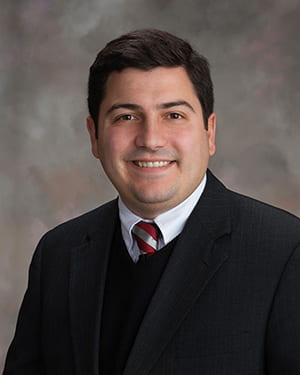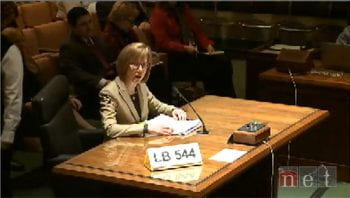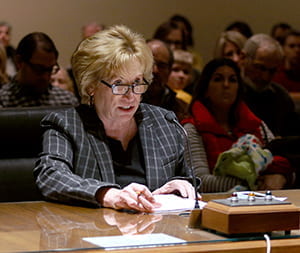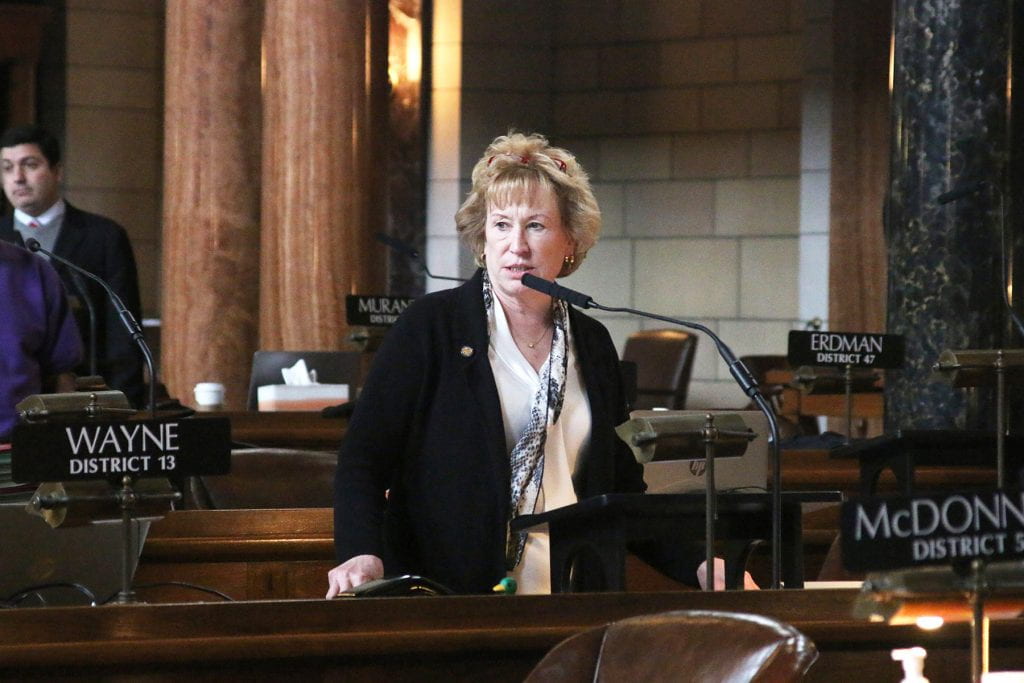This story was updated on June 3, 2019.
On Friday, May 31, 2019, Nebraska Gov. Pete Ricketts signed legislation creating a universal Child Development Account (CDA) policy that will cover every resident born in the state on or after January 1, 2020. In enacting the policy, the state joins several others that have embraced or are developing statewide CDAs.

Championed by Nebraska Treasurer John Murante and a bipartisan coalition of senators, the unanimously approved legislation features automatic, universal enrollment in the new Meadowlark Program, which will provide a Nebraska 529 college savings account with a deposit for all newborn Cornhuskers. In social media, Murante wrote: “Nebraska is making national headlines for taking a giant leap forward in providing access and awareness to our great college savings 529 plan.”
CSD Director Michael Sherraden praised the development: “Nebraska’s new CDA is an important step in national CDA policy innovation—all of it informed by findings from the SEED for Oklahoma Kids experiment.” Sherraden is the principal investigator of the SEED OK experiment, by which CSD and partners continue to test a statewide CDA policy with the Oklahoma 529 plan.
Approximately 26,600 Nebraskans are born each year, and the Meadowlark deposits for these infants will grow until they later access the funds for college, trade school, or other postsecondary education in Nebraska. If not spent before the recipient turns 30, earmarked Meadowlark assets will be used for future Nebraska children.

Features of the policy lend themselves to continuity and sustainability over time. The legislation effectively creates an endowment to be funded equally through private contributions and state sources (not general fund dollars). Meadowlark is designed to broaden access to postsecondary education for generations of state residents.
“State officials have created a structure and paved the way for all Nebraska children to succeed, perhaps particularly those from disadvantaged families,” said Margaret Clancy, policy director for the Center for Social Development (CSD) at Washington University’s Brown School. Clancy advised Treasurer Murante on desirable CDA policy features, provided research results from the SEED OK CDA experiment, and testified on the Meadowlark provisions.

The legislation enacted by Gov. Ricketts includes several other noteworthy provisions for Nebraska’s 529 plan. The Matching Contribution Incentive Program offers employers incentives for matching workers’ contributions, and the Low-Income Matching Scholarship Program allows families with income below 200% of the federal poverty level to apply for $2 for every $1 contributed. Families making between 200% and 250% of the poverty level could receive a dollar-for-dollar match.
Meadowlark is part of a package of new initiatives to encourage savings for college. Provisions in another bill shield Nebraska 529 assets from state determinations of student aid eligibility. This bill also would protect employers’ 529 plan matching contributions from state decisions about eligibility for need-based state benefits.

In comments to the Unicameral Update, Sen. Lou Ann Linehan, sponsor of the Meadowlark provisions, said, “529 accounts are in wide use among the wealthy but not among low-income Nebraskans.” Linehan sees Meadowlark as a way to “give more Nebraska children hope for their future.”
“Nebraska’s legislation provides enormous potential to engage corporations, nonprofits, educators, communities, and state resident families in building assets for children’s education,” Clancy said. Nebraska is one of several states that she and others at CSD have advised on CDA policy. Statewide CDAs have been implemented in Pennsylvania, Maine, Nevada, Rhode Island, Connecticut, and Massachusetts. Legislation recently passed in Illinois and is pending in California.
“SEED OK is rigorous applied research, with results now influencing social policy change in Nebraska and other states, as well as in Canada, Israel, Korea, Taiwan, and other countries,” observed Sherraden. “CSD research has real impacts; it is not collecting dust on the shelves.”
